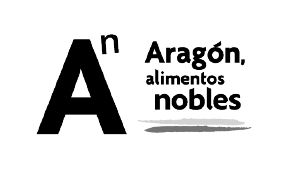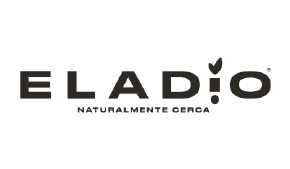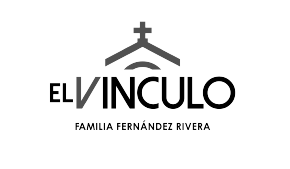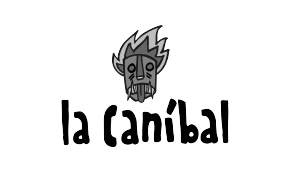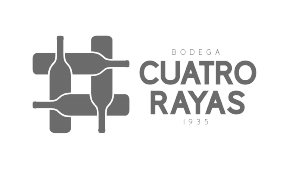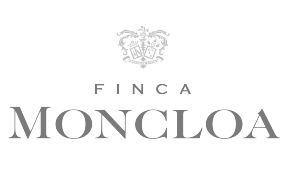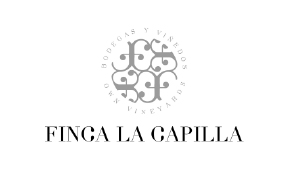News
Ultra-freezing in haute cuisine is no sacrilege
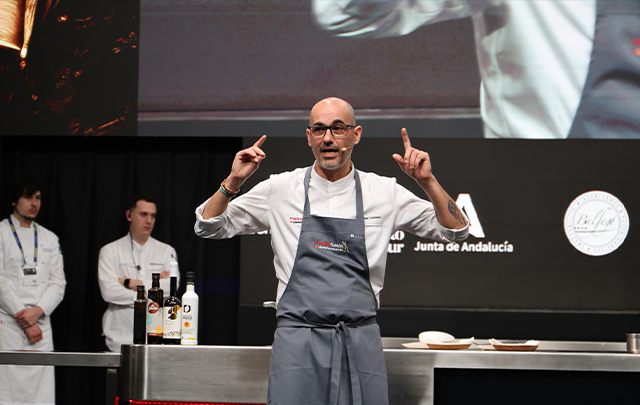
Rafael Centeno and Inés Abril share their techniques for working with fish at temperatures between 40 and 60 degrees below zero
Is it sacrilege to freeze fish in haute cuisine? No, far from it, no matter how many people think it is. What is sacrilegious is to defrost it badly or to freeze it at the wrong time, as Rafael Centeno and Inés Abril, who run the Maruja Limón restaurant, in Vigo, demonstrated at Madrid's Fusión Alimentos de España, sharing their knowledge on the use of frozen fish in haute cuisine.
In their house, on the Vigo estuary, "90% of what's on the menu comes from the sea, but we freeze all the wild fish that comes through the door, which guarantees safety and no loss of quality", they said. In their presentation, they explained the treatment they give the fish in their restaurant, such as freezing it at 60 degrees below zero, and revealed the techniques they use to treat and serve it afterwards. This knowledge was acquired thanks to the support of the Spanish National Research Council (Consejo Superior de Investigaciones Científicas).
Every day, the fish arrives in their kitchen after only a few hours on the boat. "Despite this proximity, we were seeing more and more fish parasitised and infected with anisakis, and this led us to understand that we could no longer use them as we were using them", explains Inés. "We cooked at low temperatures, but we understood that the most important thing was food safety, and that the resource that guaranteed this safety for our customers was freezing".
A "whole new world" opened up for them. They admit that at first they did it "with doubts and fears due to inexperience". "In the end, we overcame the doubts and preconceptions, such as the fact that frozen food was considered to be of low quality”.
Quality
They have worked with scientists, and now know that the loss of quality is insignificant if the process is the right one. "Quality has many different dimensions, one of which is food safety, and freezing is a way of achieving excellence", says the Maruja Limón chef. "You have to reach a temperature of minus 40 degrees as quickly as possible, and this guarantees the quality of the product once it is defrosted. The minimum is 18 hours, but we go up to 36 hours to guarantee the death of the anisakis", adds the chef, who admits that they had panic attacks until they confirmed that "when a fish is properly frozen, nothing happens".
They prepared one of the fish that causes the most doubts when it comes to freezing, and the one that causes the most problems with anisakis, such as hake. They did the same with anglerfish and red mullet, using traditional Galician cooking techniques.
Rafa Centeno (Lugo, 1974), arrived in the kitchen by chance. He spent his childhood outside Galicia. After graduating in industrial relations in 2001, he decided to open his own restaurant in Vigo, named after his mother-in-law, Maruja. A self-taught chef, he has a unique way of understanding the gastronomy of his land. With no previous contact with the world of gastronomy, his style is intuitive, spontaneous, fresh, and based on the memories and flavours of her childhood.
Inés Abril (Vigo, 1980), studied catering and did her first internship at the Parador de Bayona. She then trained with Francis Paniego, in El Portal de Etxaurren (La Rioja). She returned to Vigo and worked in various places until 2006, when she joined Maruja Limón. She won the Galician Cookery Championship in 2008 and took part in the second series of Top Chef.

























